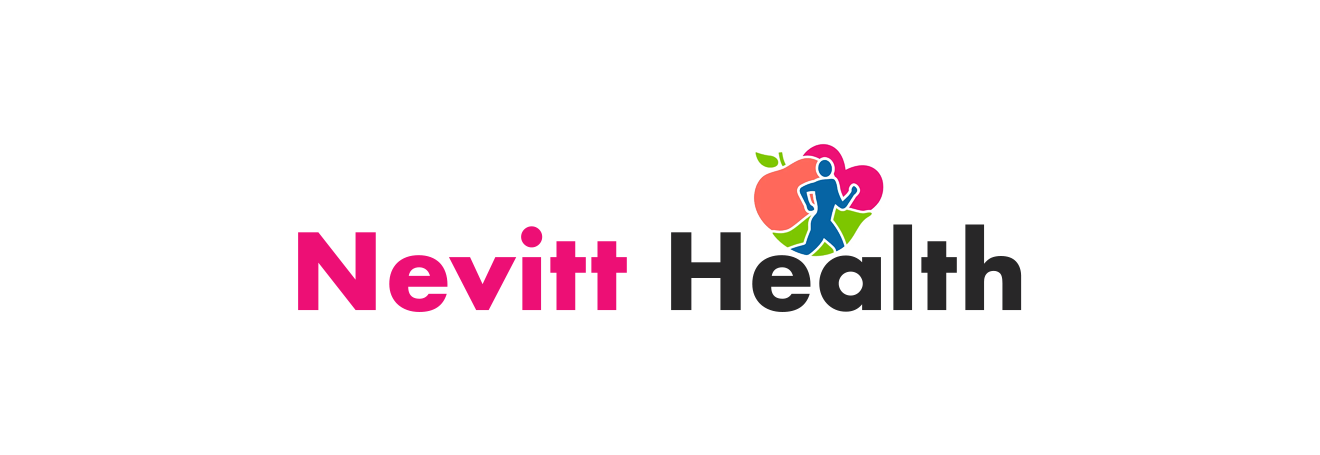Outpatient treatment programs work at different intensity levels to meet individual recovery needs. They also address the severity of addiction. Treatment centers provide care that ranges from intensive daily programs to weekly maintenance sessions. Outpatient drug rehab Orange County organize treatment into clear levels. This allows patients to step down as they develop sobriety skills gradually. The programs support long-term recovery by facilitating patient involvement in their communities and allowing them to remain connected to their networks.
Intensive outpatient options
Intensive outpatient programs provide three to four hours of treatment for three to five days each week. Participants can continue work or school while receiving strong therapeutic support. These programs offer enough treatment without forcing people to leave their jobs or families.
- Morning sessions accommodate evening work schedules for service industry employees
- Evening programs serve professionals who work traditional daytime hours
- Weekend intensive tracks help people who travel frequently for work commitments
- Flexible scheduling allows participation around childcare responsibilities plus family obligations
- Part-time formats support students completing educational requirements during recovery
Treatment components include group therapy. Individual counselling educational classes about addiction science. Relapse prevention strategies. Coping skills development. Many programs include experiential therapies such as art therapy. Outdoor activities that engage different learning styles while building recovery skills through creative expression and physical activity.
Standard care levels
Standard outpatient treatment involves one to two therapy sessions each week. This level suits individuals with stable housing. It also suits those with strong family support. Employment situations that help structure, motivate, and maintain sobriety. Patients at this level have usually completed higher intensity programs. They may also show mild addiction severity that does not require intensive intervention. Weekly sessions focus on maintaining recovery momentum. They address ongoing challenges. They work to prevent relapse through skill reinforcement and emotional support. They provide crisis intervention when needed. They also encourage independence and self-reliance. Standard care often continues for months or years, providing consistent professional support during the extended recovery process that builds lasting sobriety habits.
Continuing care models
Continuing care bridges the gap between formal treatment completion plus independent recovery maintenance through structured support systems that prevent relapse during transition periods. These programs recognise that recovery extends beyond initial treatment phases, requiring ongoing attention to maintain sobriety gains achieved during intensive treatment periods.
- Monthly check-in appointments monitor progress while addressing emerging challenges before they threaten sobriety
- Quarterly assessments evaluate treatment goals, life changes, and stress factors that might trigger relapse episodes
- The crisis intervention services offer immediate assistance during difficult periods. They help during unexpected life events
- Referral networks connect patients with community resources. They offer vocational training. They provide educational opportunities that support recovery
- Alumni programs create peer support networks among program graduates who maintain long-term sobriety
Treatment teams adjust support levels based on individual progress. Outpatient drug rehabilitation programs provide multiple care levels. These levels accommodate different addiction severities. Life circumstances recovery stages through structured treatment progressions. The step-down approach moves individuals from intensive daily programs to periodic maintenance care. This method allows them to build independence gradually while keeping professional support when it is needed.









